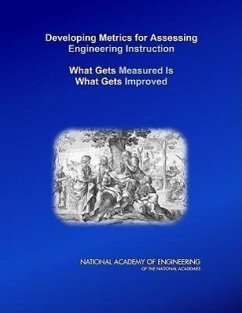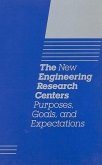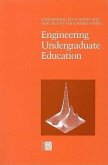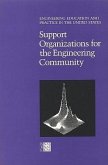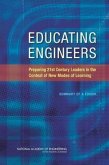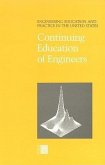Faculty in all disciplines must continually prioritize their time to reflect the many demands of their faculty obligations, but they must also prioritize their efforts in ways that will improve the prospects of career advancement. The current perception is that research contributions are the most important measure with respect to faculty promotion and tenure decisions, and that teaching effectiveness is less valued--regardless of the stated weighting of research, teaching and service. In addition, methods for assessing research accomplishments are well established, even though imperfect, whereas metrics for assessing teaching, learning, and instructional effectiveness are not as well defined or well established. Developing Metrics for Assessing Engineering Instruction provides a concise description of a process to develop and institute a valid and acceptable means of measuring teaching effectiveness in order to foster greater acceptance and rewards for faculty efforts to improve their performance of the teaching role that makes up a part of their faculty responsibility. Although the focus of this book is in the area of engineering, the concepts and approaches are applicable to all fields in higher education.
Bitte wählen Sie Ihr Anliegen aus.
Rechnungen
Retourenschein anfordern
Bestellstatus
Storno

